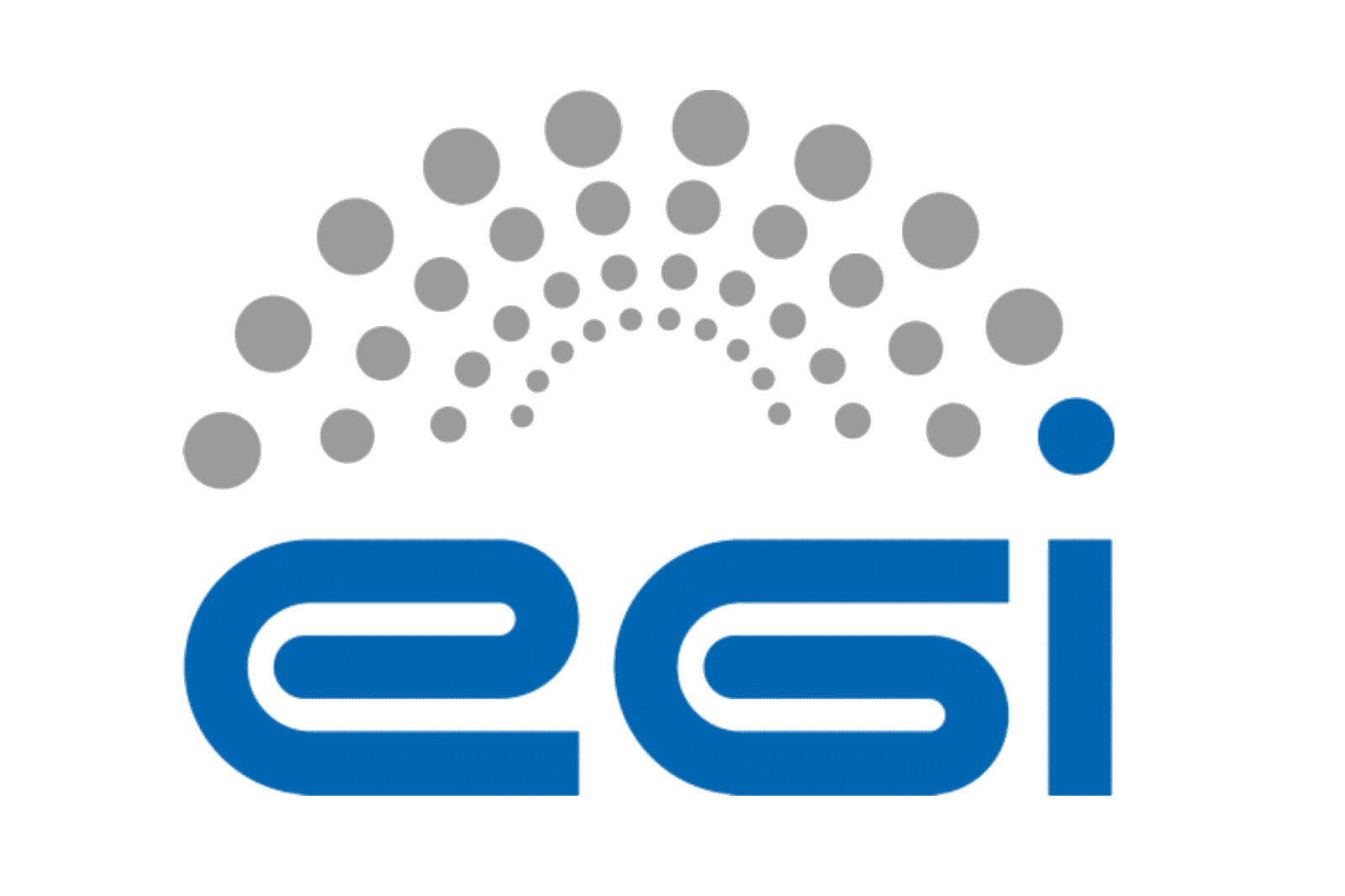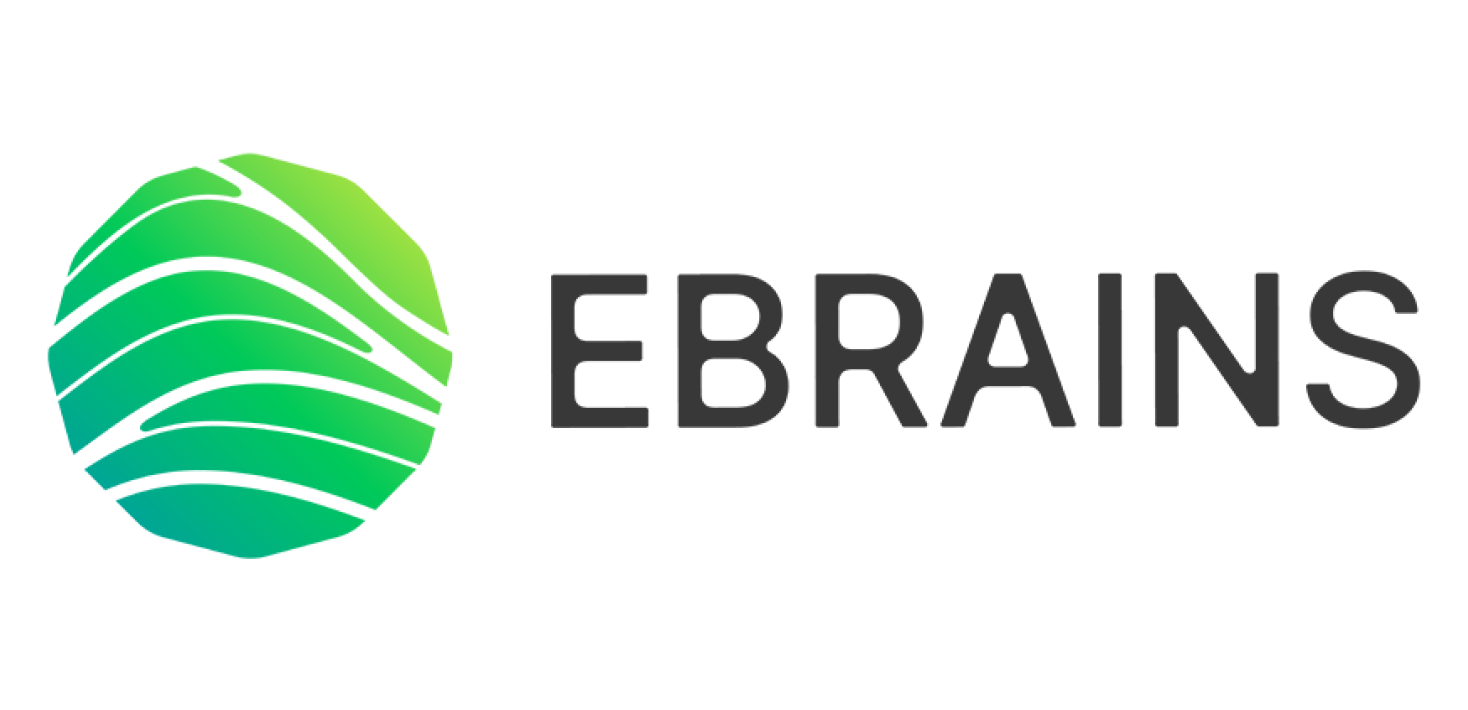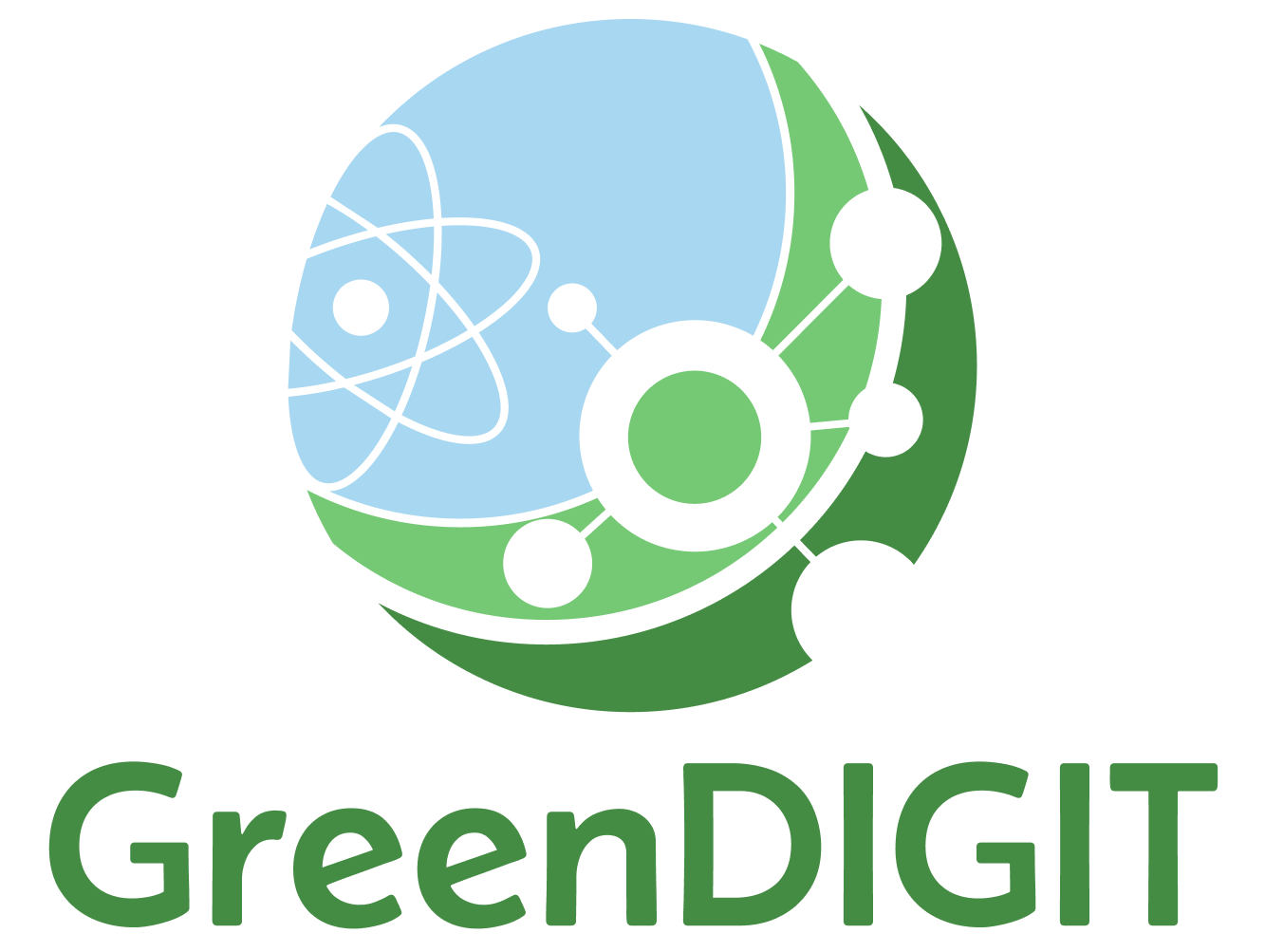
EGI

SoBigData
SoBigData aims to become the European open science research infrastructure for social mining according to EU values of fairness and privacy protection.
SoBigData provides a broad set of services, data, methods, training materials and technologies for Data Science within operative guidelines including EU Ethical, Legal, Social, Economic, and Cultural (ELSEC) values. FAIR (Findable, Accessible, Interoperable, and Reusable) and FACT (Fair, Accurate, Confidential, and Transparent) principles are key aspects in the research infrastructure development.

Scientific Large Scale Infrastructure for Computing/Communication Experimental Studies (SLICES)
SLICES is a flexible platform designed to support large-scale, experimental research focused on networking protocols, radio technologies, services, data collection, parallel and distributed computing and in particular cloud and edge-based computing architectures and services.

EBRAINS
EBRAINS is an international non-profit association; its members are leading European universities and research institutions. The EBRAINS RI is an integrated, state-of-the-art set of services for brain research, including the provision of high-performance computing for brain research (FENIX and PRACE networks). The open Metadata Initiative for Neuroscience Data Structures (openMINDS) is developed within EBRAINS. EBRAINS has a wide range of current and future facilities via open science to enable to others to engage during and beyond the lifetime of the project. Resources that would have been spread across individual workstations are provided in the centralised manner.
